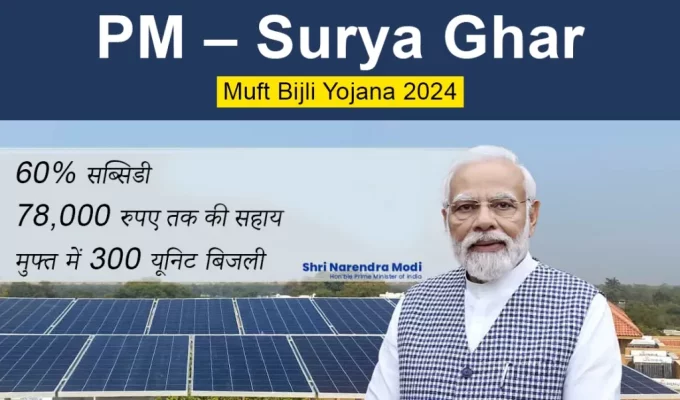It isnt per se
- There is a fair bit of physical work and manual labor in the setup
- Existing scaffolding, unless at the right solar angle will still need some work (depends on your exact location - its approx 19 degress south facing for pune)
- The cost of cabling etc is not miniscule (high DC currents), good cabling from roof top to meter.
- The setup will require dedicated electrical Grounding wrk - fairly heavy grade
- The Electricity board approval process is painful, time consuming and involves under the table payments
- Installer has to make some profit in lieu of time and effort
70-80K for the above is not too bad
There is a fair bit of physical work and manual labor in the setup - True, but that doesn't justify nearly double the price of Panels and Inverters.
Existing scaffolding, unless at the right solar angle will still need some work - The previous installation should have this factored in.
The cost of cabling etc is not miniscule (high DC currents), good cabling from roof top to meter. - With Micro-Inverters, this cost drops significantly.
The setup will require dedicated electrical Grounding work - fairly heavy grade - Standard 0.5sq.mm to 1sq.mm single core Copper wire is more than enough if Micro-Inverters are used. Moreover, digging and installing a grounding road isn't expensive.
The Electricity board approval process is painful, time consuming and involves under the table payments -
VERY TRUE. The Corruption could the BIGGEST Part of the bill as a LOT of Money may be needed for quick or timely approvals without the Discom Babus raising "Discripancies, Queries, or Objections" just to delay the project and escalate costs.
Installer has to make some profit in lieu of time and effort - Some, is understandable. But they are NOT using Latest Panels with the HIGHEST Wattage output. They could literally be disposing off OLD Solar Panels, which would be available at a significantly reduced price to make way for new stock and industrial customers.



